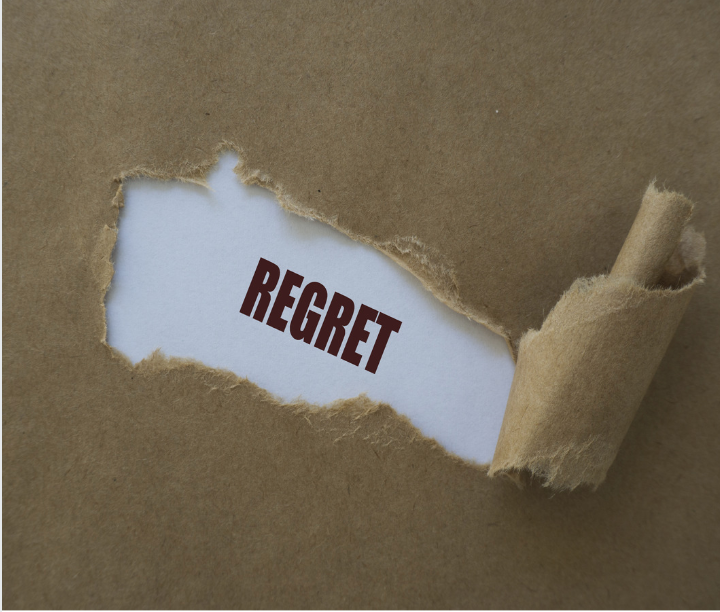Regret
Welcome to The Dish where Drew DeMaree & guests serve up a healthy dose of reality each week. This blog is about keeping it real ~ real challenges, real distractions, real life getting in the way of, well…virtually everything. How we view our realities depends on individual mindset, and we want to discuss WHY MINDSET MATTERS.
Let’s talk about REGRET – we’ve all experienced it – that critical way of thinking or feeling where you find yourself reliving the past and wishing you had reacted or behaved differently. It most often arises when we don’t stand up for ourselves or others, don’t go for what we want or refuse to forgive someone.
It looks something like this:
- Something happens
- We either react, make a choice, or act in a certain fashion
- Time passes giving us time to think about it
- We analyze, obsess and talk about it with others
- After gathering information, we begin to beat ourselves up about our action or inaction
- We don’t recognize the unfairness in applying present knowledge to past behaviors
Does this sound familiar? How much sleep have you lost obsessing over something you wish you had not said or done? Did the brow beating you handed yourself accomplish anything?
Regret has us looking back at past behavior and keeps us from seeing what is right in front of us. Instead, we should channel our regret and recognize it as a signal to change. The first step is to own it and apologize for it. Let’s talk about that apology for a second; it means absolutely nothing if there is no action behind it. I like to tell people, “don’t tell me you are sorry, show me”. You not only vow to handle similar situations differently… better, but you free yourself from your guilt by doing just that. We cannot change the past, and the amount of time spent dwelling on it accomplishes nothing. Focusing instead on what we can do in the future to prevent a recurrence of the behavior allows us to use the situation as a learning experience. Regret is nothing more than wishing a mistake away. How many times have you been told that it’s okay to make mistakes so long as we learn from them and strive to do better? While an apology is warranted for bad behavior, it is only the beginning of a series of steps required to atone for our misdeeds.
Fulton Oursler said, “Many of us crucify ourselves between two thieves – regret for the past and fear for the future.” Turning your regret into a vehicle for change allows you to forget the past and focus on the future, on something you can control as opposed to something you cannot. And that’s why MINDSET MATTERS.



